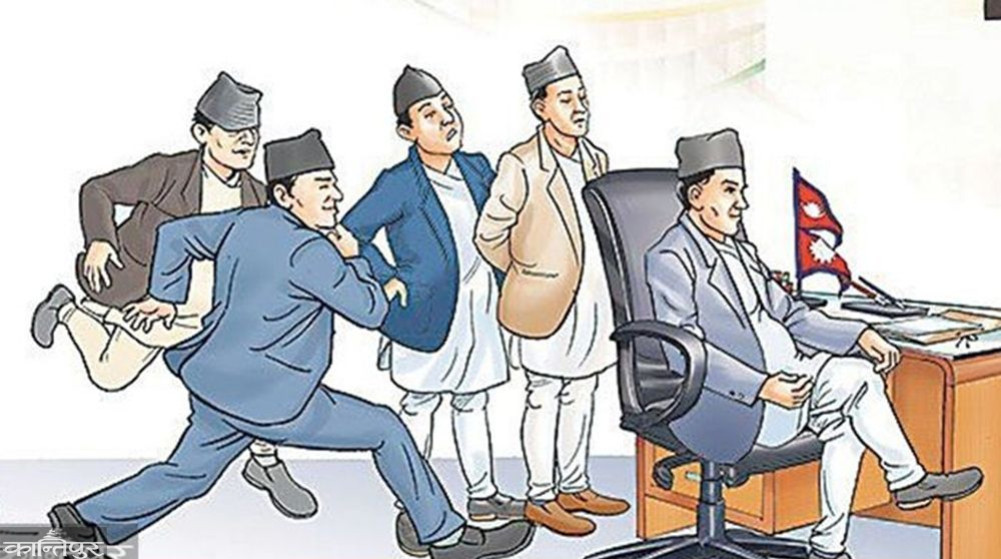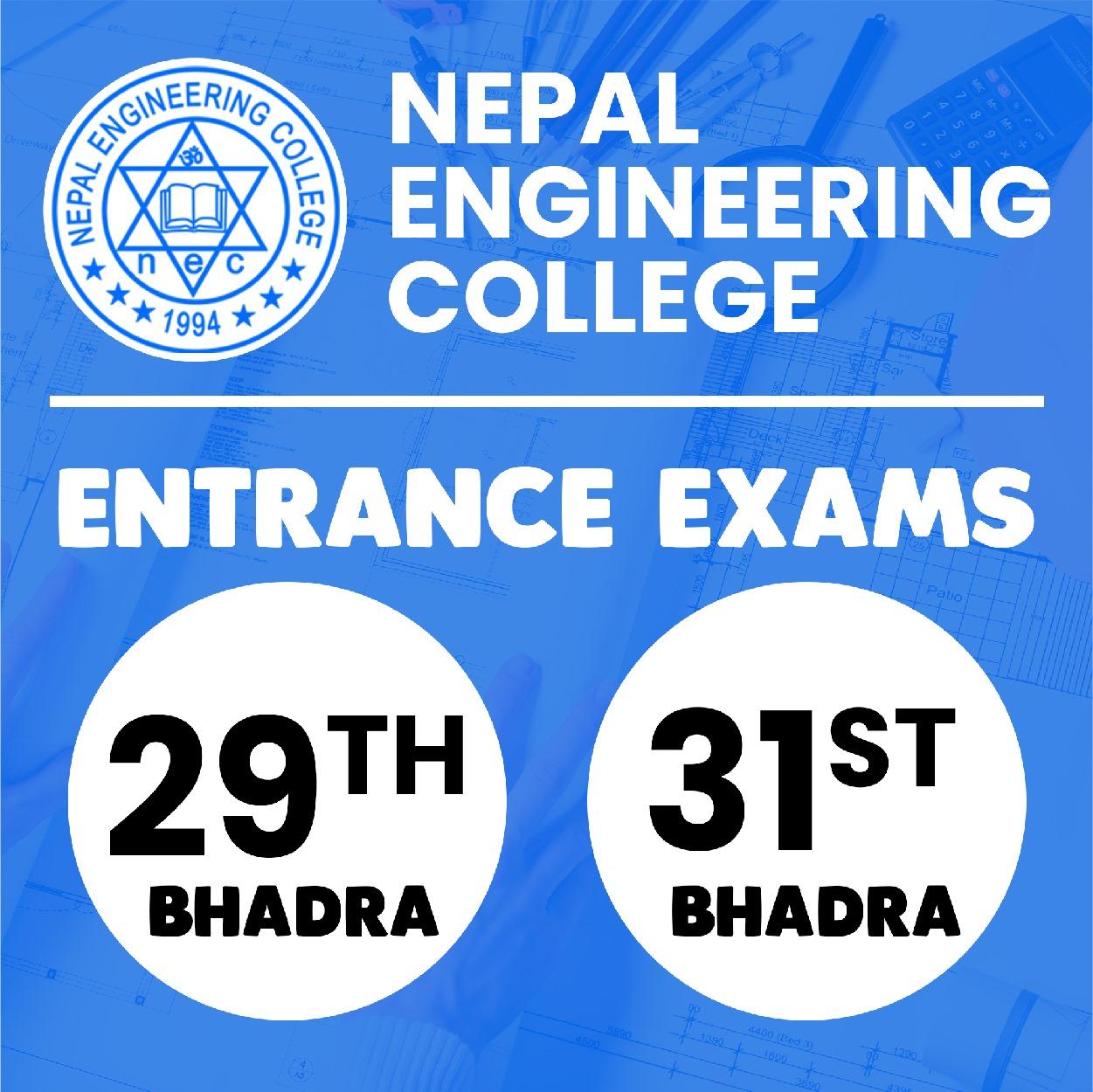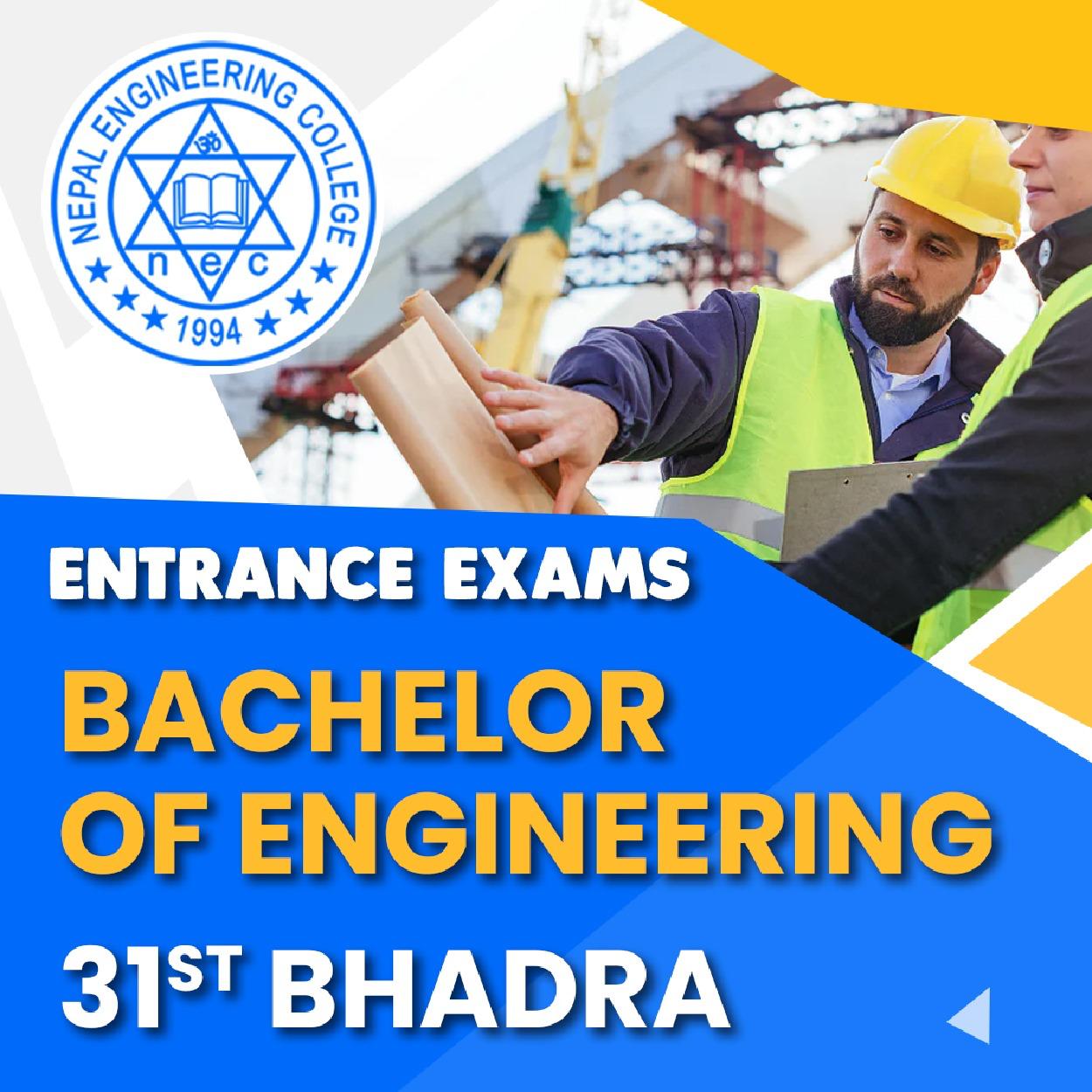From part-time at a university to vice chancellor in the Midwest
We use Google Cloud Translation Services. Google requires we provide the following disclaimer relating to use of this service:
This service may contain translations powered by Google. Google disclaims all warranties related to the translations, expressed or implied, including any warranties of accuracy, reliability, and any implied warranties of merchantability, fitness for a particular purpose, and noninfringement.


There is a belief in motivational literature philosophy. That is, every challenge is an opportunity. The difference is that there must be a new enthusiasm and a new perspective to see it. As such, the challenge of how to attract students to higher education is increasing day by day when university classes are getting crowded. However, Professor Dhruva Kumar Gautam says that this situation should be taken as an opportunity.



"The university is for people from all over the world, so the value of its local environment is secondary," says Dhruv Kumar, recently appointed vice-chancellor of the Midwestern University, "There is an opportunity for our universities to work differently so that people from all over the world come to study." What he thinks is the population In terms of calculations, the two largest countries in the world, India and China's neighboring Nepal, can draw as many students from both sides as possible.
'But for that, the style and subject we teach ourselves needs to change a little,' says Gautam, 'to our south is India, a neighboring country with a population of one billion and 40 million. To the north is an equally populous country, China. Even if a few students leak from here, our universities will be full. Thus, when the comment that it is a challenge to run a university when the students are leaving is occupying the place of mainstream thought, how much will it be possible to realize the opportunistic approach of Professor Gautam?
In a conversation with Kantipur last week before going to Surkhet, Midwest University, to take up the recently agreed responsibility of the Vice Chancellor, he also revealed some of his plans to shape the opportunities he saw. In addition to that, he also narrated 25 years of teaching experience from the time he went to study in America, in which a vision of what a university should be was hidden.
According to Gautham, the university is a place of knowledge that can understand and understand the world environment, which cannot be narrowed down to regional and spatial values or limits in any case. Most of the campuses of Midwest University, which opened in 2010, are located in the remote districts of Karnali. What happened in Karnali? A university can be in any corner of the world,' he says, 'If there is a suitable curriculum, teaching method and physical infrastructure, people can come and study.' It is even older than America.'' Later on, what was discovered was that before the birth of the United States, which is made up of 50 different states, studies had already started at that university.
When he was going to Surkhet to take over the leadership of the Midwest University, he was remembering this story told by his dean. The university currently has 2 campuses in Wagmati, 3 in Lumbini and 14 in Karnali. 'These sub-campuses are older than the university,' he informed the fact in a sarcastic manner, 'The university is approaching fifteen years of opening, but these campuses were already running at the community level. Now they have joined the university.'
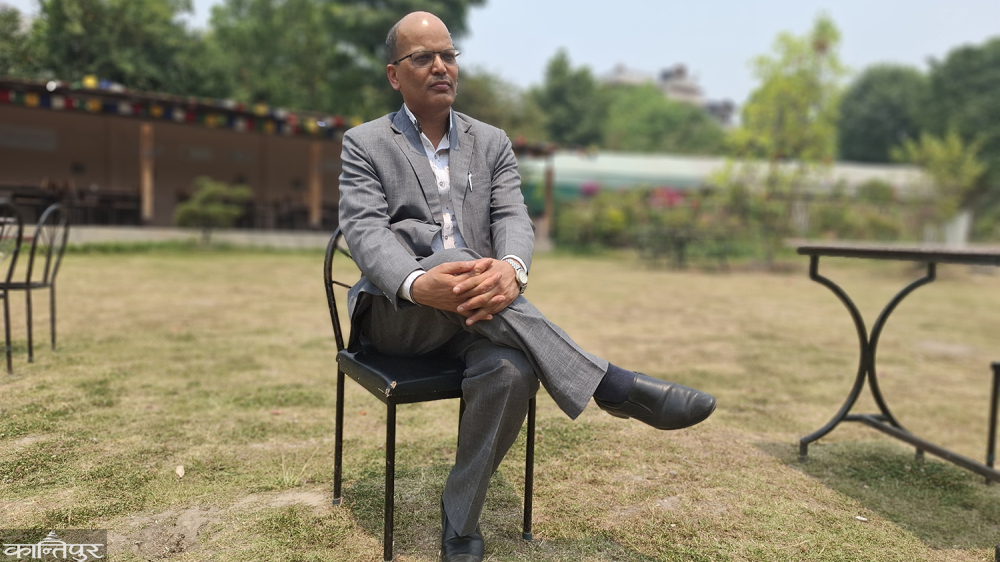 After joining, the jobs of the professors and assistant professors of these colleges have been secured. His analysis has shown that the study, writing and research activities of the professors have come to a standstill as security prevents development even if they do not work hard. 'Our professors have seen the need to make a big leap in research and journal article publication,' he says, 'I believe that making the faculty competitive, updating them with knowledge and making them realize that teaching itself is a great job will give the university a new height.'
After joining, the jobs of the professors and assistant professors of these colleges have been secured. His analysis has shown that the study, writing and research activities of the professors have come to a standstill as security prevents development even if they do not work hard. 'Our professors have seen the need to make a big leap in research and journal article publication,' he says, 'I believe that making the faculty competitive, updating them with knowledge and making them realize that teaching itself is a great job will give the university a new height.'
As most of the campuses of the university are located in remote districts, there is a huge lack of facilities ranging from physical infrastructure to libraries and labs. Gautam was thinking about what could be done to get rid of it. "Four years is not a long time," he said.
He said that he will work with all his enthusiasm to make the faculty aware, to cooperate with the local government to address the physical infrastructure needs, even if it is at the provincial level, and to gather the resources needed to teach students in a global environment similar to that of South Asian students.
Most of the campuses in Karnali do not have physical infrastructure. Some have no buildings. Even among those that have, there is a great lack of mobile library, information technology network including computers and comprehensive library. At the initial stage, Gautham plans to take measures to overcome these physical inconveniences and take necessary initiatives to raise the required resources. In addition, he has a policy to make the professors of all the individual campuses connected to the Midwest University to be more committed to teaching and to bring about programs to motivate them for that.
'And the next stage of intervention is to make the curriculum with a global context,' he told the list of plans, 'for that I need everyone's support and cooperation, because I can't do anything alone no matter how good I think. For that, I need everyone's help and support, because I can't do anything alone, no matter how good I think.' The experience of 25 years spent teaching at the University and the changes that have occurred during that time have given Professor Gautam an idea that the university of the future should be like this. Based on that, he has seen the silver circle of hope even among the dark clouds of despair.
Gautam, who has a degree in strategic management of the market, has also studied all branches of knowledge related to management, such as entrepreneurship, human behavior, human capital, and human resources. He also holds a diploma in corporate culture from Switzerland and has also graduated in entrepreneurship from the US. Once upon a time, the 'helmet teacher' Gautam used to run to ten places a day and teach. However, as the conviction and belief that 'knowledge can not be shared in such a rush nor will one become knowledgeable' became stronger, he remained stable and continued teaching. As a result, he had to teach only the upper level students at the university and was able to study for the rest of his life.
'After I studied, I was able to teach,' says Gautam, who has published dozens of articles/researches in international journals, 'What I can say is that teaching is very easy for students and it ultimately increases the capacity of the university.' He has started making strategies to prepare for this matter, he plans to make Midwest University shine with as much effort as possible in four years.
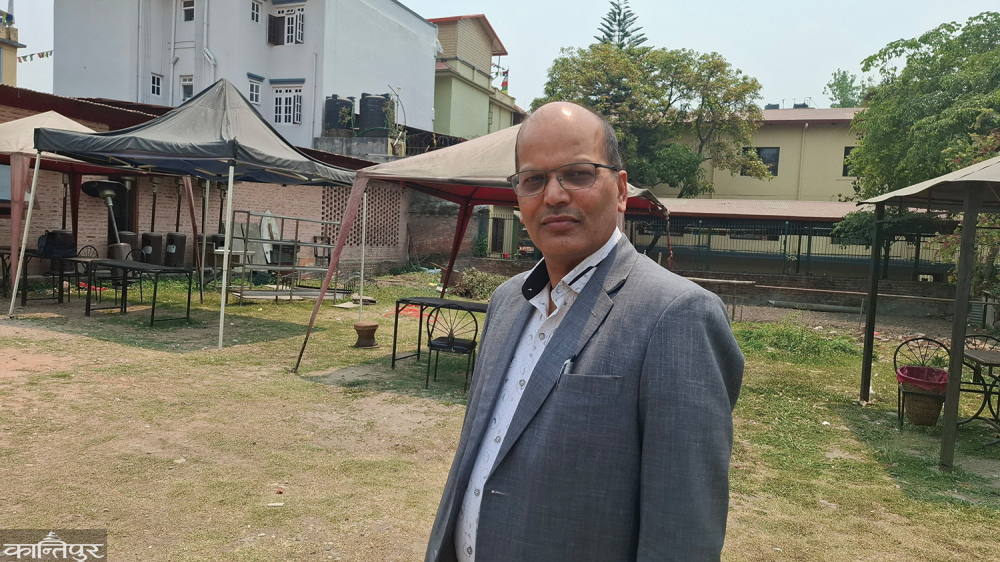 Thousands of students of Gautam are handling the top management of banks, airlines and hotels in various regions of the country. No matter where you go, some students come to knock on the place where you are and with folded hands, show respect for how you can help. 'This is a great asset of life' says Gautam, 'I will inspire my faculties to produce students who respect me even after graduation.' Gautam. He also has the experience of working as a member of the Subject Committee as Assistant Dean of Faculty of Management at Tribhuvan University. The time he had to go through and the issues he had to deal with when he was the director of planning for the overall planning of the university has helped him a lot to understand the state of our society and educational institutions.
Thousands of students of Gautam are handling the top management of banks, airlines and hotels in various regions of the country. No matter where you go, some students come to knock on the place where you are and with folded hands, show respect for how you can help. 'This is a great asset of life' says Gautam, 'I will inspire my faculties to produce students who respect me even after graduation.' Gautam. He also has the experience of working as a member of the Subject Committee as Assistant Dean of Faculty of Management at Tribhuvan University. The time he had to go through and the issues he had to deal with when he was the director of planning for the overall planning of the university has helped him a lot to understand the state of our society and educational institutions.
'Our leader has a great desire to open a campus in his village.' He came to me to say, ``Give me a loan.'' However, he had to work very hard to understand that opening campuses for higher education in such a way would make the teaching system a damadol. When Gautham argued that he was unable to grant permission until he showed a place where the students needed for higher education could be available for the campus and a basis for sustainable operation, the dignitaries showed distaste at first.
They used to come to me with a team of the chairman of the municipality, the head of the ward and the knowledgeable people of the village. But I used to argue that the campus should not be opened wherever possible due to these various reasons," he says. Later, when he met alone, he would thank you for not letting the campus open to the crowd by saying that he liked your talk.' Gautam was named in all these three subjects in the open competition examination in the advertisement for vice-professors conducted by the Tertiary Service Commission, of which the Commissioner of the Public Service Commission is also a member. And, in the end, he proceeded with the squeeze of teaching in the field of management. After that, he became an associate professor and became a professor five years ago. He believes that three main reasons are responsible for the decline of higher education in Gautam University, including the archaic style of teaching, social understanding and the structure of the market and industrial sector.
'There is an understanding that the prestige of going abroad will increase, so it cannot be called unnatural if young people go abroad,' he says His analysis of the market structure itself is damning. "There is a facility to work and study outside, while in Nepal, there are more people who say they are studying for four years," he says, "It is easy for students with the facility of working so many hours outside to study/bring food, with us they only give money after the end of the month and that Also, due to the difficult labor market where one person has to work for twelve hours a day, students are not in a position to say let's work for a few hours. Gautam says that it will be of great help to those who cannot read without the city. It is not impossible to fulfill his hope, no one needs to invest extra for this. "It would have been enough if the Meen Bahadur Gurungs had brought a new scheme called Lau Ta Ni," says Gautam.
If a system is introduced to allow students to work for a few hours a day or a week like in other countries, it will help those who cannot study without working. No one needs to invest extra for this. Supermarkets like Bhatbhateni have introduced a new scheme.
 प्रकाशित : वैशाख ३१, २०८१ ०९:५५
प्रकाशित : वैशाख ३१, २०८१ ०९:५५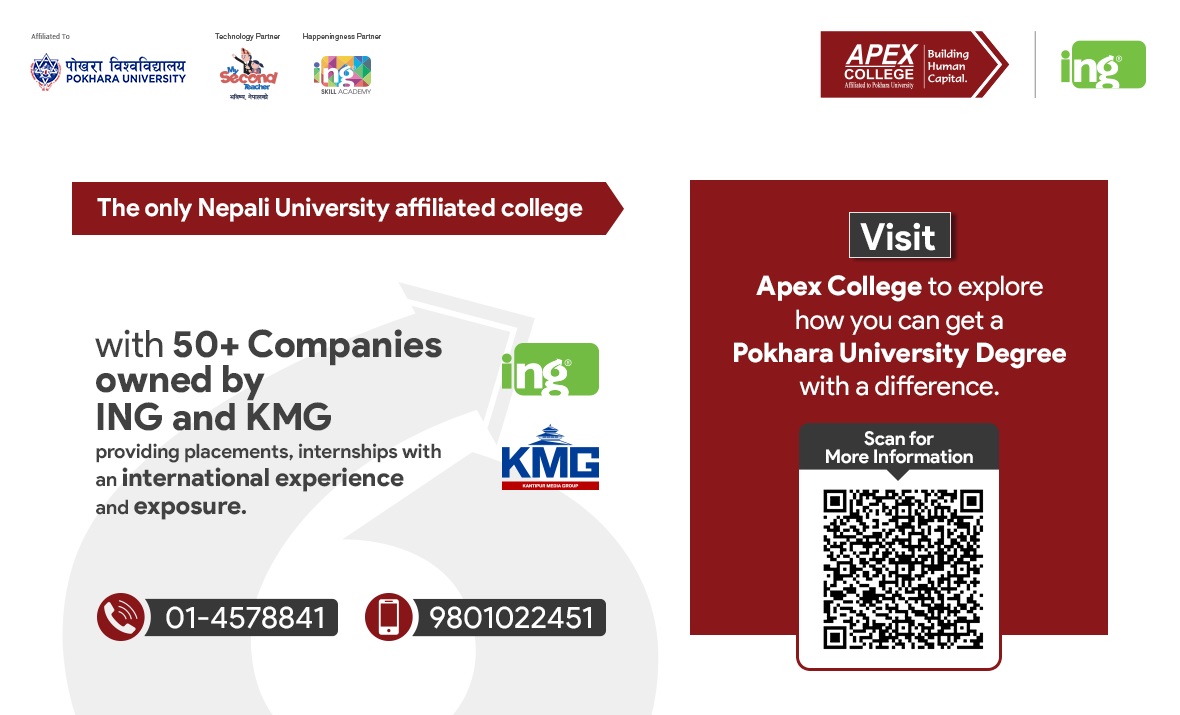

 २२.१२°C काठमाडौं
२२.१२°C काठमाडौं









